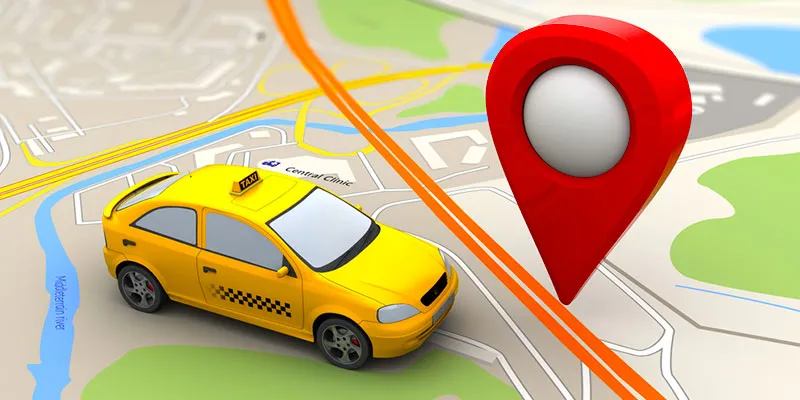Coronavirus: India shows 77 pc drop in trips to public places in Google's COVID-19 Mobility Report
Coronavirus-led lockdowns have paused public movement across the globe. India reported a 47 percent to 77 percent drop in trips to most places, according to Google.
Google has tapped into its mapping and location data to understand people's movement post the coronavirus outbreak, which has resulted in full-fledged lockdowns in many countries.
In India, trips to cafes, restaurants, movie theatres, and shopping malls dipped 77 percent, according to Google's COVID-19 Community Mobility Report. Further, trips to grocery markets and pharmacies declined by 65 percent, while movement around transport hubs fell by 71 percent, with all modes of travel being paused completely.
Trips to workplaces too fell by 47 percent with work-from-home becoming the new normal across the board. And, movement in places like national parks, public beaches, marinas, dog parks, plazas, and public gardens dropped by 57 percent.
However, movement in residential areas went up by 22 percent as central and state government advisories urged people to stay at home to 'flatten the curve'.

Explaining the purpose of community mobility tracking, Google wrote in its official blog,
"As global communities respond to COVID-19, we've heard from public health officials that the same type of aggregated, anonymised insights we use in products such as Google Maps could be helpful as they make critical decisions to combat COVID-19."
The COVID-19 Community Mobility Reports cover 131 countries, capturing movement trends over time across multiple "high-level categories of places", including recreation and retail centres, transit stations, workplaces, residential areas, and so on.
Google added that the insights have been derived from users who have turned on the Location History setting (which is turned off by default) on their smartphones.
The search giant clarified,
"No personally identifiable information, like an individual’s location, contacts or movement, is made available at any point."
While public health officials can surely gain an insight into social distancing measures implemented across territories, Google has warned people to not use the findings for individual decision-making.
"This report shouldn’t be used for medical diagnostic, prognostic, or treatment purposes. It also isn’t intended to be used for guidance on personal travel plans," said the company.
(Edited by Saheli Sen Gupta)








